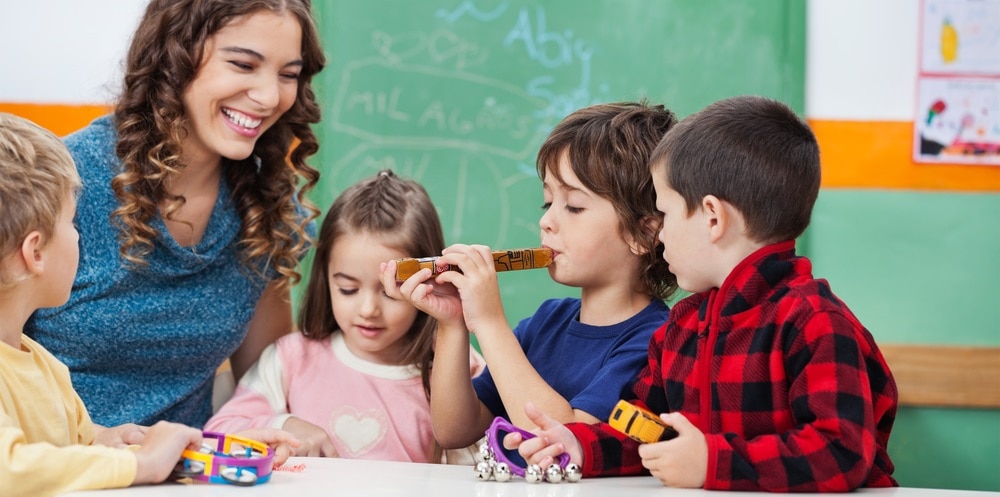Community Connections: Social Skills Groups for Learning
Social skills groups are invaluable resources for individuals, especially those with autism spectrum disorder (ASD), seeking to enhance their interpersonal interactions and community integration. These groups provide structured environments where participants learn and practice essential social skills in a supportive setting. In the quest for such supportive communities, individuals often search for social skills groups for autism near me, recognizing the importance of local accessibility and tailored support.
Understanding Social Skills Groups
Social skills groups are designed to address the specific challenges individuals with ASD may face in social situations. These challenges can include difficulties with communication, understanding social cues, and forming friendships. By participating in structured activities and guided interactions, participants develop and practice a range of skills in a safe and non-judgmental environment. In many cities, including locations near me, social skills groups for autism cater to various age groups and skill levels. These groups typically include activities such as role-playing, group discussions, and collaborative projects, all aimed at fostering social competence and confidence.

Benefits of Social Skills Groups
The benefits of participating in social skills groups for autism near me are manifold. Firstly, participants have the opportunity to learn from peers facing similar challenges, creating a sense of camaraderie and understanding. Secondly, structured sessions provide consistent practice and feedback, reinforcing positive behaviors and building self-esteem. Thirdly, participants often report improved communication skills, increased social comfort, and enhanced problem-solving abilities as a result of group participation. Social skills groups promote the generalization of skills beyond the group setting. Participants learn to apply newly acquired skills in real-life situations, such as school, work, and community outings. This application of skills enhances independence and contributes to overall social integration.
Finding Social Skills Groups Near Me
For individuals and families seeking social skills groups for autism near me, several avenues can be explored. Local autism organizations, community centers, and therapy providers often offer such programs, including aba potty training. These groups may be tailored to specific age ranges, interests, or skill levels, ensuring that participants receive targeted support. In addition to in-person options, some groups now offer virtual or hybrid formats, providing flexibility and accessibility. Virtual groups can connect participants from different geographical areas, offering a diverse range of perspectives and experiences.
Structure and Curriculum
Social skills groups typically follow structured curricula developed by professionals in psychology, education, or applied behavior analysis (ABA). These curricula are evidence-based and focus on teaching specific skills such as initiating conversations, interpreting facial expressions, and managing emotions. Each session may target different aspects of social interaction, gradually building upon foundational skills to promote sustained growth and development. The group facilitators play a crucial role in guiding discussions, modeling appropriate behaviors, and providing constructive feedback. They create a supportive environment where participants feel encouraged to practice new skills and express themselves freely. Facilitators may also collaborate with families and educators to reinforce skills learned in the group setting, promoting consistency and continuity.

Impact and Success Stories
Investing in communities, the impact of social skills groups for autism near me is evident in the success stories of participants. Many individuals report increased confidence, expanded social networks, and improved quality of life as a result of participating in these groups. For children and adolescents, improved social skills can lead to better peer relationships and academic performance. For adults, enhanced social competence can open doors to employment opportunities and community involvement. The benefits extend beyond the individual to their families and communities. Families often observe positive changes in their loved one's behavior and social interactions, fostering closer relationships and reducing stress. Communities benefit from increased inclusivity and understanding of neurodiversity, promoting acceptance and support for individuals with ASD.
Challenges and Future Directions
Despite the many benefits, challenges in accessing social skills groups for autism near me persist. These include limited availability of programs, financial constraints, and geographic barriers. Efforts are underway to expand access through increased funding, partnerships with community organizations, and advocacy for inclusive practices. The future of social skills groups lies in innovation and collaboration. Continued research into effective interventions, including the use of technology and virtual platforms, holds promise for reaching more individuals in need. Additionally, promoting awareness and understanding of autism spectrum disorder within communities fosters an environment where all individuals can thrive socially and professionally. Social skills groups for autism near me serve as vital resources for individuals seeking to enhance their social competence and community connections. These groups provide structured environments where participants learn and practice essential skills in a supportive setting. By fostering independence, confidence, and meaningful relationships, social skills groups contribute to the overall well-being and inclusion of individuals with autism spectrum disorder. As awareness grows and support systems strengthen, the impact of these groups extends beyond individual participants to families, communities, and society at large, promoting a more inclusive and supportive environment for all.